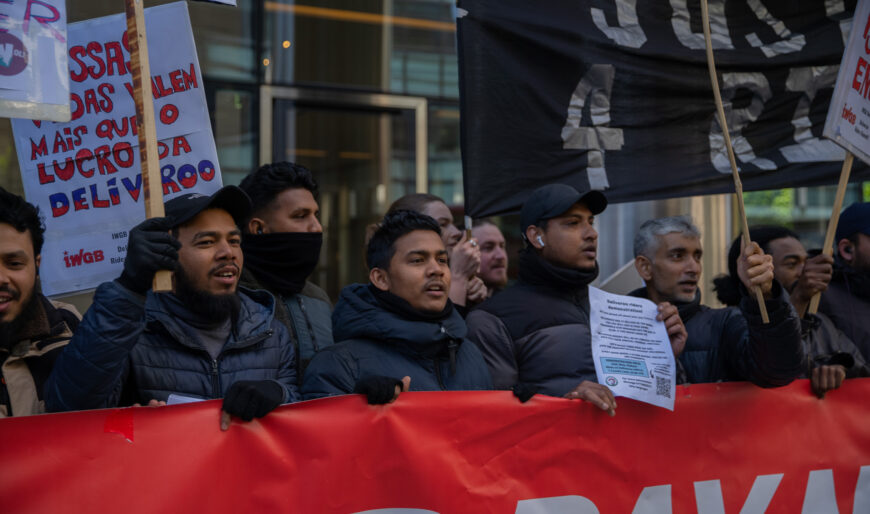Professor Keith Ewing
Professor Keith Ewing is Professor of Public Law at King's College London. He has written extensively on labour law including recognition procedures and international standards. He is the President of the Institute of Employment Rights and a Vice President of the Campaign for Trade Union Freedom.











The opportunities and limitations of strategic litigation in the industrial relations context